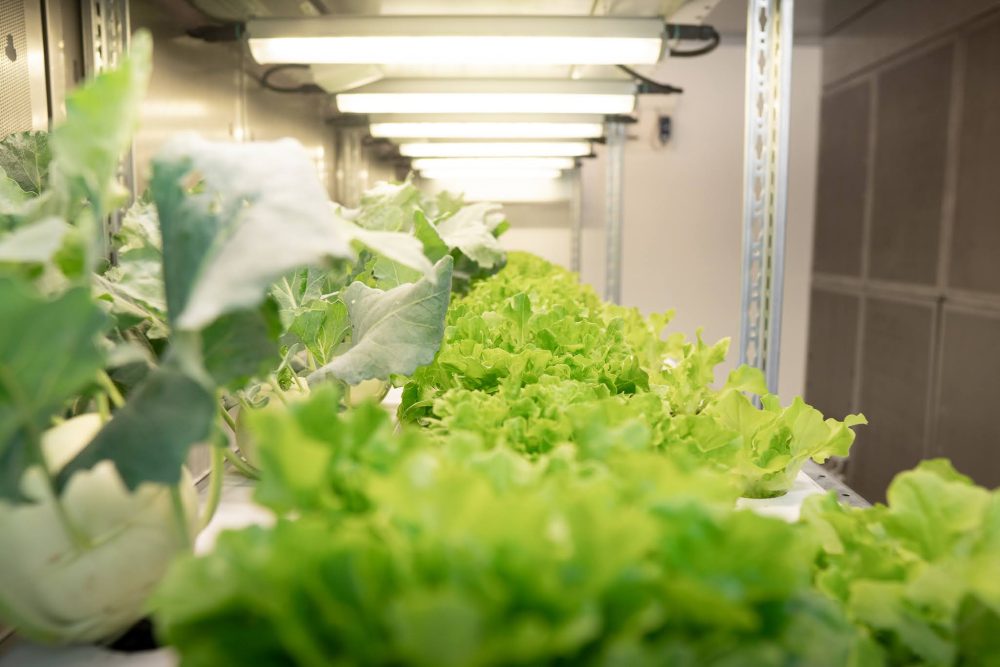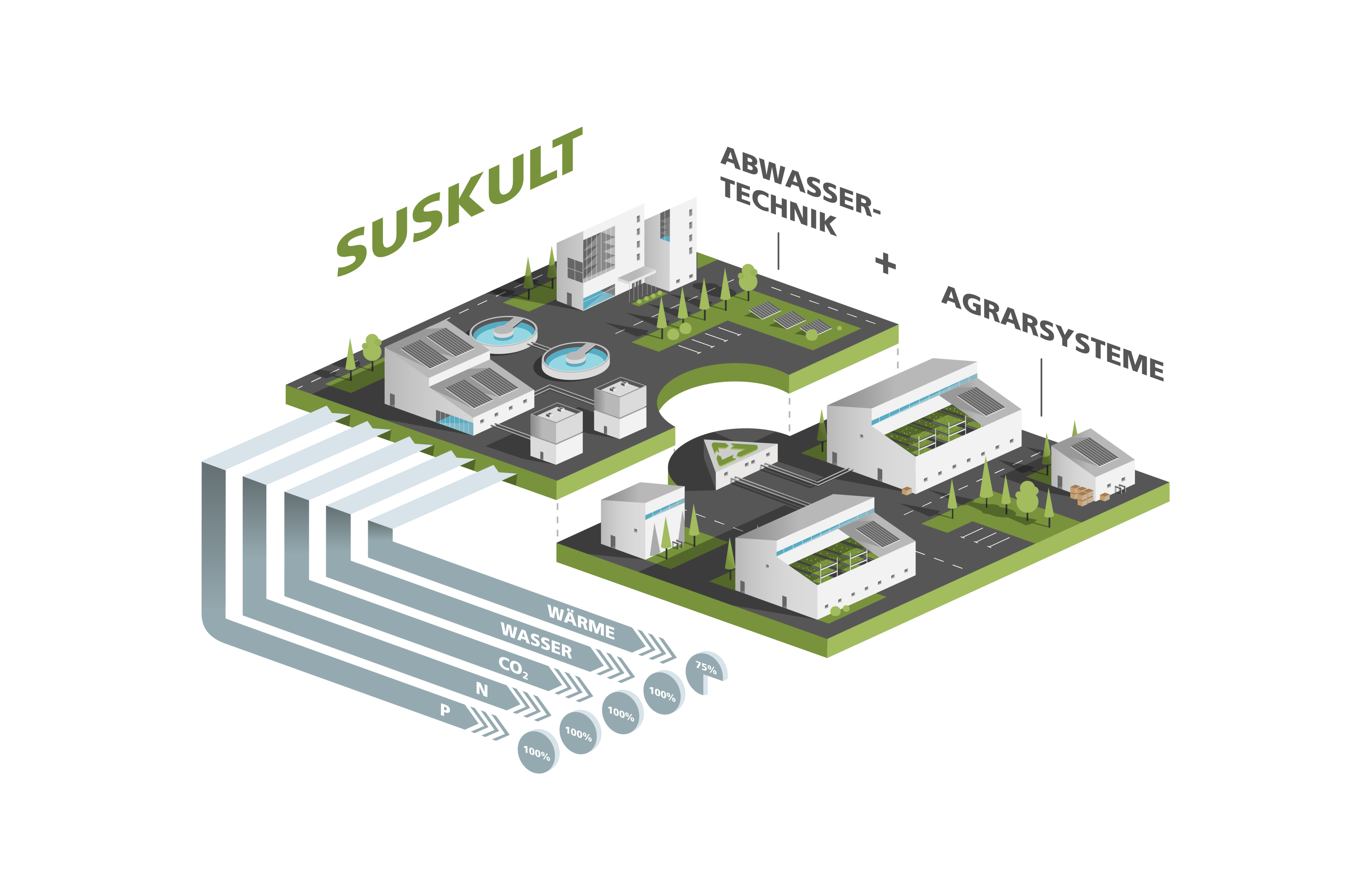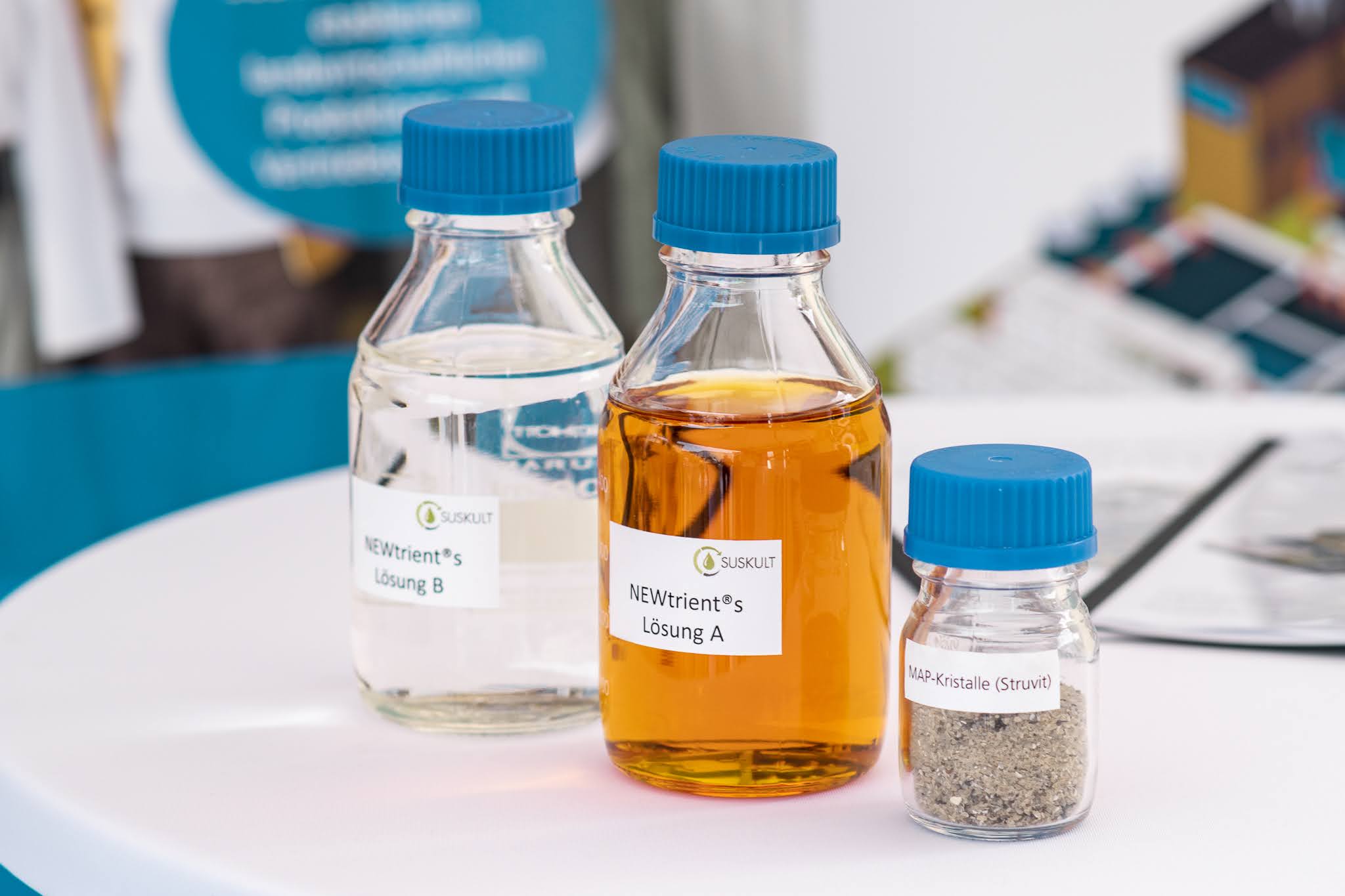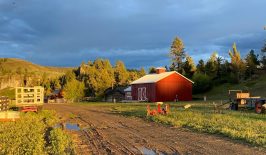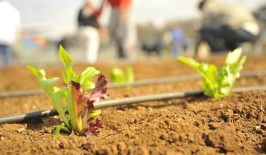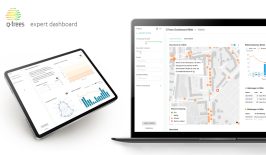Increasing droughts and heatwaves caused by climate change are destroying our agriculture. One knock-on effect of this is that farmers are plagued by the additional costs of irrigation and crop failures. In some places, this is making conventional cultivation almost impossible. For some time, there have been attempts to move plant cultivation indoors. Sheltered, plants are protected from strong sunlight and heat and require less water. In addition to traditional greenhouse cultivation, however, there are other cultivation systems that are the subject of various research projects on climate impact adaptation in agriculture.
The SUSKULT project follows an innovative hydroponics approach. In an indoor cultivation system, vegetable and fruit plants are supplied with a mineral nutrient solution without soil. This method focuses solely on the vital substances required by the plant. SUSKULT, however, goes one step further: the vital substances are obtained from nearby sewage treatment plants. This makes the research project a cyclical and therefore sustainable long-term solution.
With SUSKULT, waste becomes nourishment
In order to get the cycle from sewage treatment plant to plant underway, the SUSKULT joint project, consisting of several research institutions, is starting with the restructuring of conventional sewage treatment plants.
Under the leadership of the TU Kaiserslautern, wastewater treatment plants are being restructured from pure wastewater treatment plants to resource suppliers. To this end, potentials are being identified and various concepts for the provision and utilisation of resources are being developed. Additionally, a fundamental rethink on the part of wastewater treatment plant operators is underway in order to integrate the new agricultural system into wastewater treatment plants. To this end, the German Research Centre for Artificial Intelligence (DFKI) is developing dynamic, needs-based and automatic process controls based on machine learning.
In the next step, technologies are analysed and developed under the leadership of Fraunhofer UMSICHT that enable the recovery of the resources water, nitrogen, phosphorus, potassium, CO2 and heat. The technological concepts will then be combined into process chains. The aim is to produce resources that are free of germs, micropollutants and impurities. In this way, the nutrient-rich water can be kept in circulation.
Under the direction of Osnabrück University of Applied Sciences, the next step is to identify suitable vegetable and fruit plants for the hydroponic system. The following questions need to be answered: which plants need which nutrients and in what quantities? Can these requirements be met by the nutrients obtained from sewage treatment plants? With the help of various analyses, a safe, efficient and targeted cultivation of crops in the hydroponic system is to be set out. The necessary nutrient requirements are being researched on tomatoes and leaf lettuce.
However, the research project goes further than the sewage treatment plant. It also looks at the effects of technological developments on society as a whole. At the same time, opportunities and challenges are to be identified, as well as an interdisciplinary exchange between various stakeholders from science, politics, business and civil society is sought.
The pilot plant at the wastewater treatment plant at the mouth of the Emscher was inaugurated in 2022 and is currently in the testing phase.
Regional, independent and climate-friendly
What makes the SUSKULT project particularly exciting is that its innovative hydroponic system allows previously unused resources to be utilised. Sewage sludge, which is normally disposed of, becomes a nutrient for plants. In future, this could result in regional, independent food production that is adapted to climate change. “Sewage treatment plants provide all the necessary resources for a circular and bio-based agricultural economy and are therefore an ideal location for the sustainable cultivation of the future,” explains Volkmar Keuter, Head of the Environment and Resource Utilisation department at Fraunhofer UMSICHT and SUSKULT project coordinator. “The demonstration plant in the sewage treatment plant at the Emscher estuary alone is expected to produce several tonnes of vegetables per year in 2050,” continues Keuter.
URBAN FARMING
In urbanism, urban farming represents an outstanding opportunity for a city to feed itself. Climate researchers and urban planners see great potential in this for the agricultural economy of the future. Instead of transporting food many kilometres to cities, urban farms can supply thousands of people locally with fruit and vegetables. There are numerous examples in Asia, North America and, increasingly, in Europe. There, the food-producing crops grow on the roof or along the walls of houses, for example.
In contrast to greenhouses with very high thermal energy requirements and a poor carbon footprint, the hydroponic system does not require any thermal energy. Nevertheless, there is still a hurdle to overcome, as this form of food production consumes a relatively high amount of electricity. Until this can be covered 100 percent by renewable energy through a successful energy transition, the question arises here too: just how sustainable is this method, taking into account all environmental impacts?
Thanks to the independence of the location, it will be possible in future to increasingly set up indoor cultivation systems in cities, i.e. in the direct neighbourhood of consumers. Most sewage treatment plants are located in urban areas these days anyway. “With projects like SUSKULT, we are driving the integration of agriculture in cities and metropolises […]. Weekly markets, for example, could move away from the marketplace to the place where the produce is grown and offer consumers the opportunity to harvest their own fruit and vegetables,” reports Keuter.
The SUSKULT approach not only manages to address a partial problem of vegetable and fruit production in agriculture, but also to understand agriculture as a cycle – and to skilfully analyse and use its nutrient circulation. A self-contained system without nutrient loss therefore harbours the greatest potential for a genuine agricultural turnaround.
